Kale: Everything There is to Know!
Benefits of Adding Kale to your Diet
Kale is widely disliked among adults and children alike, the same as any leafy greens! but certainly the bitter taste and tough texture don't help at all. However, one shouldn't be so quick to dismiss kale as it has various health benefits and is considered a superfood.
How does kale benefit your health?
Kale is super-rich in antioxidants, vitamins K, A, and C, as well as other minerals like iron. Antioxidants and other phytonutrients prevent harmful conditions like cancer, heart disease, and inflammation. Vitamin K helps maintain bone health, while vitamin A enhances visual health. And the antioxidants and vitamin C help improve the health of your skin and hair.
The Major Health Benefits are: -
- Great Source of Vitamin K:
The fact is that kale is one of nature's best sources of vitamin K, a fat-soluble vitamin that is essential for blood clotting. As a means of lowering the risk of bone fractures, vitamin K is essential to preserving bone health and density.
- Help Reduce Cancer Risk:
In 2021 American Institute for Cancer Research’s studies have Proven that the carotenoids found in dark green leafy vegetables such as kale contain antioxidants that help boost the body’s antioxidant defenses. These defenses help stop free radicals from damaging DNA that can lead to cancer. Kale are organic substances that have been demonstrated to help prevent cancer. This includes the capability to guard cells against DNA harm and mutations, destroy compounds that cause cancer, prevent the growth and spread of cancer, even induce cancer cell death.
- Improves Digestion:
Kale contains sugar called sulfoquinovose, which Helps the good bacteria living in your gut. These good bacteria are important for your digestion and Help to lower bacterial levels that are harmful. This is important because high levels of bad bacteria can lead to diarrhea and malnutrition.
- Kale Supports Eye Health:
Kale contains the antioxidants zeaxanthin and lutein, which protect the retina and lens. They've also been proven to lower the chance of developing macular degeneration and cataracts, two common eye disorders.
- May Help Lower the Risk of Heart Disease:
Including more dark leafy greens in your diet is always a good way to support overall wellness, including better cardiovascular health. In order to improve heart health, kale may be capable of helping lower cholesterol levels

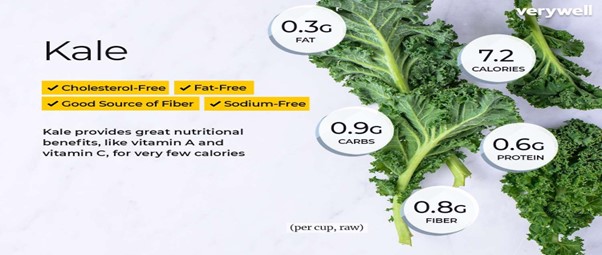
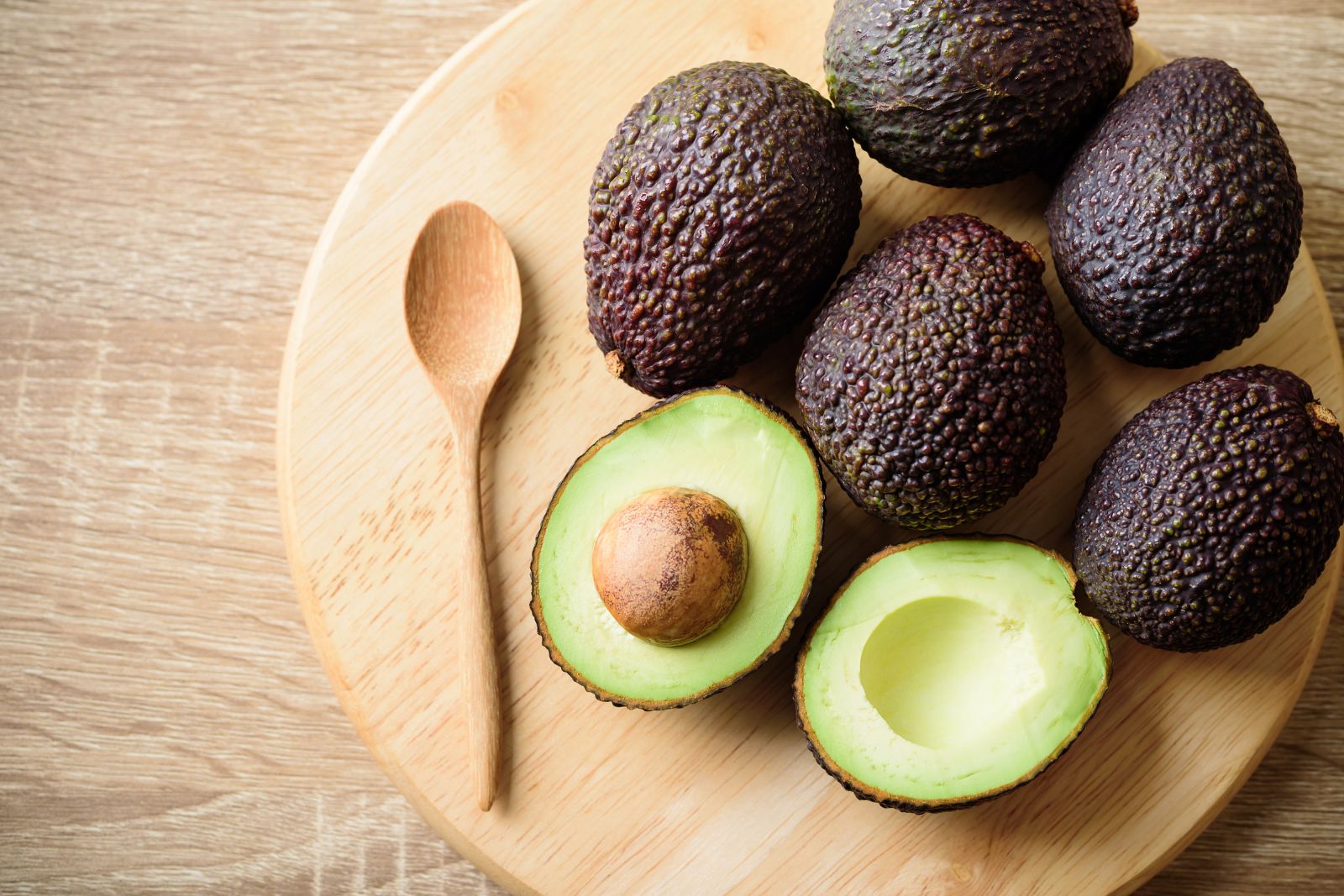
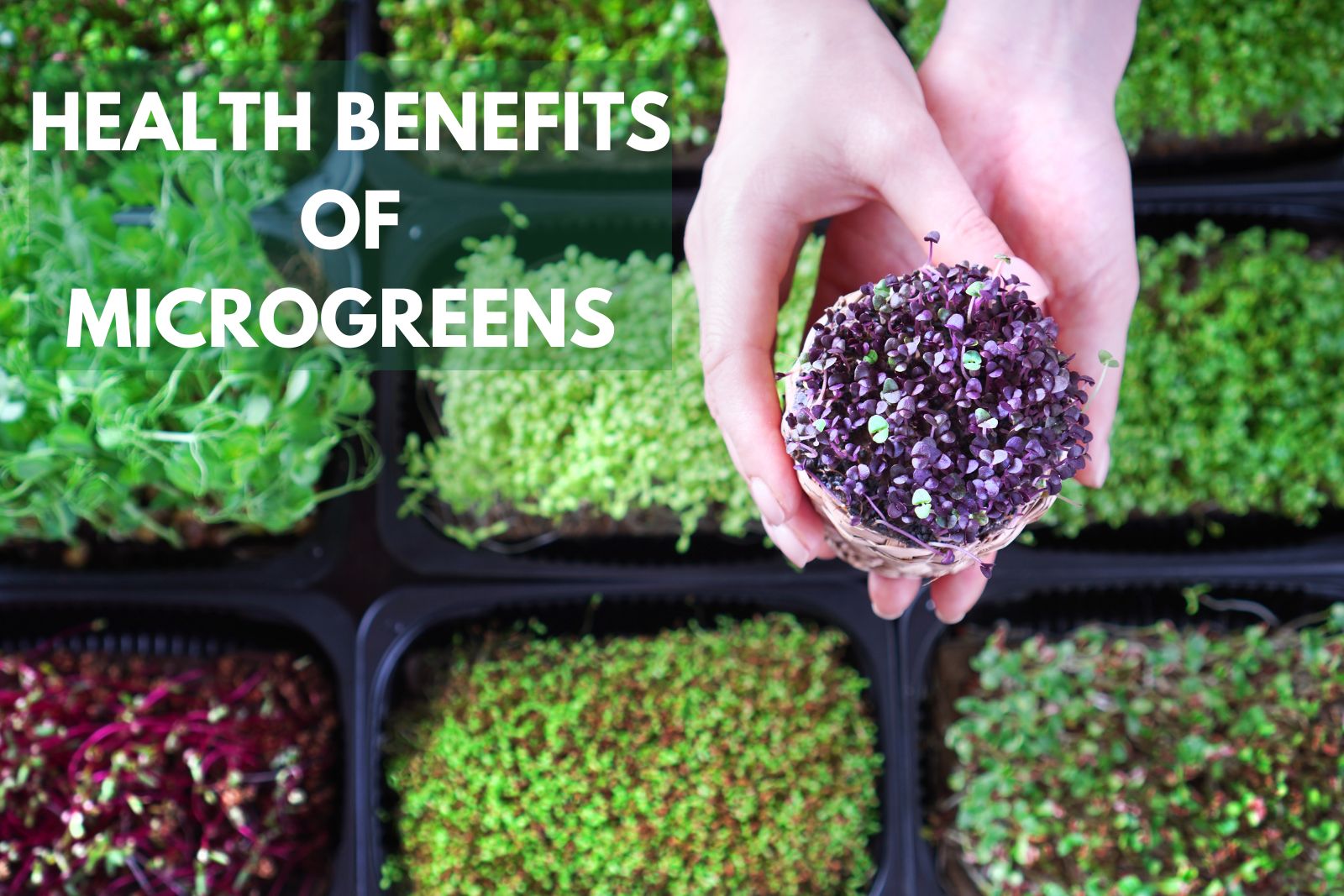
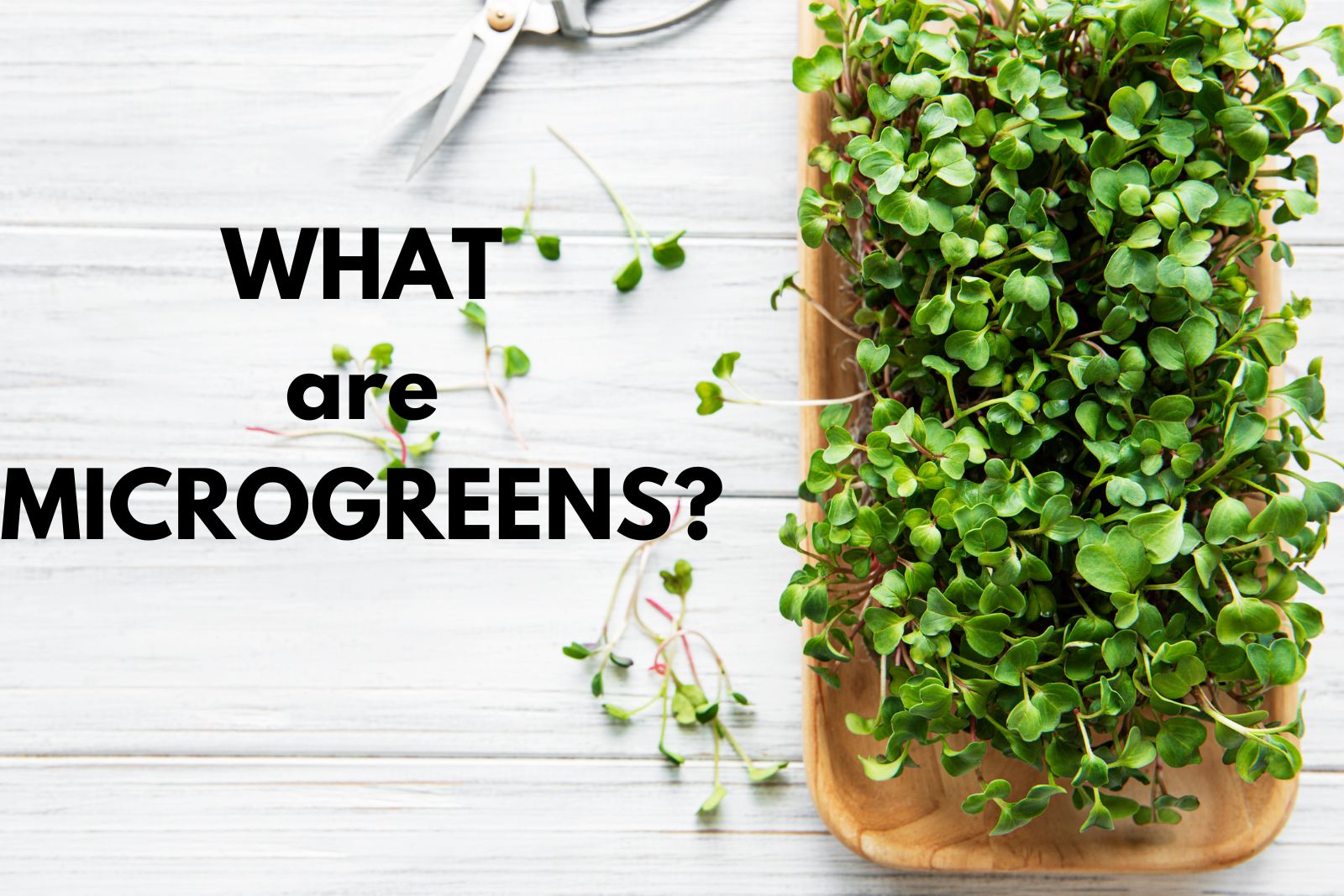
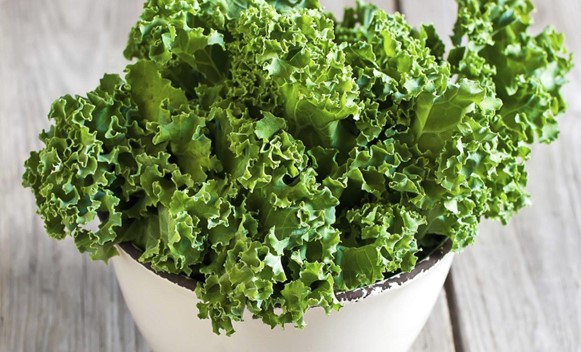

.png)
.png)

.png)






